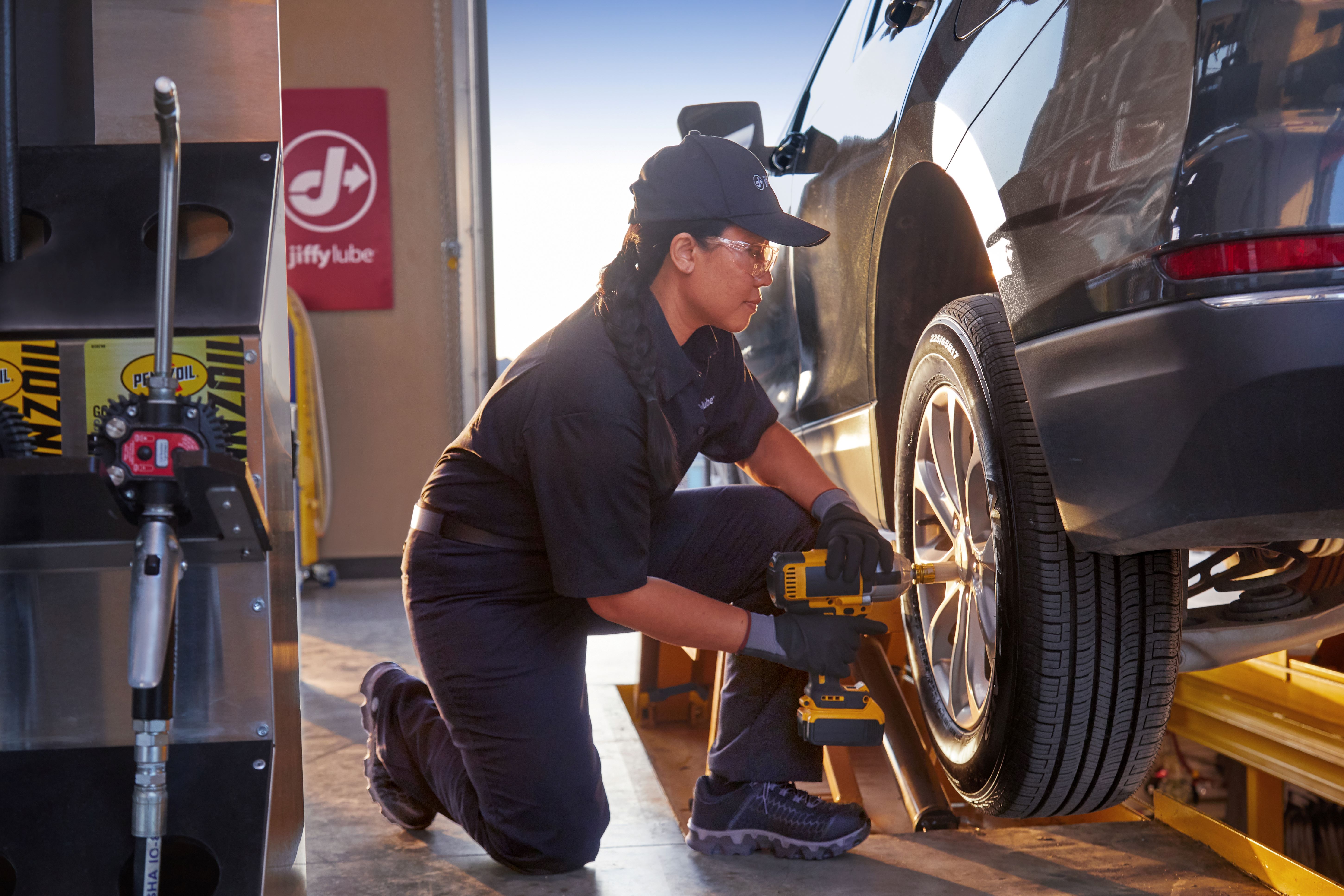Save Big with Mopar Tire Service Specials in Morris: Limited Time Supplies
Tire Solution: Understanding Tire Pressure Monitoring Equipments
Recognizing Tire Stress Monitoring Solutions (TPMS) is an essential element of maintaining optimal car efficiency and safety on the road. With improvements in auto technology, TPMS has come to be a basic function in modern cars, offering real-time info on tire stress degrees.

Importance of TPMS
The importance of Tire Pressure Tracking Solutions (TPMS) lies in their capability to boost car safety and security and performance with real-time tracking of tire stress degrees. Preserving the correct tire stress is important for making sure optimal handling, stopping, and overall safety of an automobile. TPMS provides drivers with immediate comments on any type of overinflated or underinflated tires, enabling prompt changes to be made.
Elements of TPMS
Sensors are typically situated in the tire shutoff stem or affixed to the wheel assembly, where they determine tire stress and transfer data to the control component. Some progressed TPMS versions additionally display the real tire pressure analyses for each tire, supplying vehicle drivers with real-time details to ensure optimum tire performance and security. By keeping an eye on tire stress constantly, TPMS helps avoid mishaps, lowers tire wear, and improves gas effectiveness, making it an essential element for lorry security and efficiency. tires morris il.
Sorts Of TPMS

On the other hand, indirect TPMS relies on the automobile's wheel speed sensing units to keep an eye on tire stress. This system detects underinflation by comparing the rotational speeds of the wheels. Indirect TPMS is less pricey than straight TPMS, as it makes use of existing sensors within the vehicle.
While direct TPMS uses more exact readings, indirect TPMS is less complex in design and commonly needs much less upkeep. Both systems have their benefits and restrictions, and the selection in between them commonly relies on variables such as price, vehicle make, and individual choice. Recognizing the differences in between these two sorts of TPMS can aid car proprietors make informed decisions regarding tire maintenance and safety.
TPMS Maintenance Tips
Efficient maintenance of TPMS is necessary for ensuring optimal performance and security of your automobile. On a regular basis evaluating the TPMS sensors for any type of damages or corrosion is vital. Guarantee that the sensing units are clean and free from particles that could interfere with their performance. Furthermore, it is suggested to examine the sensor batteries periodically and useful reference replace them as required to assure exact readings. Conduct regular checks on the tire pressure degrees and contrast them with the TPMS analyses to guarantee they are regular. Rectify the system following the manufacturer's guidelines if there are any kind of discrepancies. During tire rotation or substitute, make certain that the TPMS parts are taken care of meticulously to protect against any kind of potential damages. If the TPMS cautioning light brightens on the dashboard, address the concern promptly by examining the tire stress and the general system for any faults. By adhering to these upkeep pointers, you can extend the life-span of your TPMS and enhance official source the safety of your driving experience.
Benefits of Appropriate Tire Pressure
Keeping correct tire pressure, as stressed in TPMS Upkeep Tips, is essential for enjoying the numerous benefits linked with optimum tire stress degrees. Furthermore, appropriate tire stress makes certain also tire wear, prolonging the life expectancy of the tires and promoting much safer driving conditions. In final thought, the benefits of appropriate tire pressure go past simply tire longevity; they encompass enhanced fuel efficiency, improved security, much better lorry performance, and general driving convenience.
Verdict
In verdict, understanding tire stress surveillance systems (TPMS) is critical for keeping ideal tire pressure and making certain vehicle security. By acknowledging the importance of TPMS, recognizing with its elements, recognizing the various types available, sticking to correct maintenance ideas, and realizing the benefits of preserving correct tire pressure, drivers can improve their driving experience and prolong the lifespan of their tires. Proper tire stress is vital to efficient and risk-free vehicle operation.
